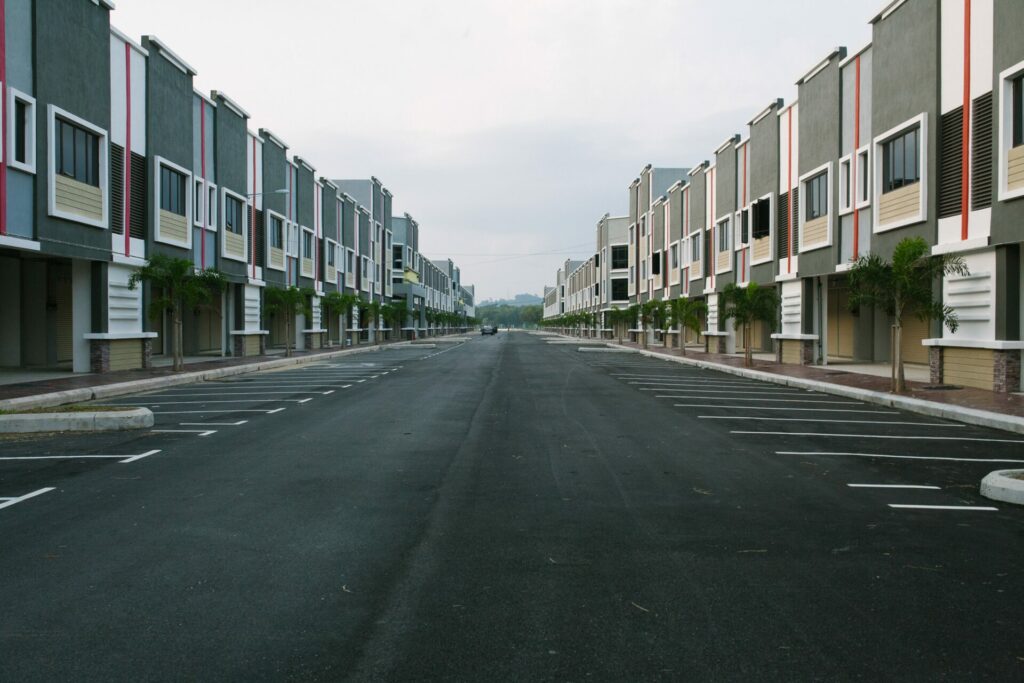
The housing affordability in Canada has declined to its worst level in 31 years, according to economic experts. One of Canada’s well-known bank’s aggregate affordability measures increased by 1.6 percentage points within the fourth quarter to 49.4%. In the previous year alone, the rate of deterioration reached to a near-record of 7.2 percentage points. Robert Hogue of RBC noted, “Rapid price escalation in the early months of 2022 has already raised the bar to impossible levels for many homebuyers.”. He also added that because of the increasing investor participation, the home buying frenzy was further increased, greatly increasing demand and reducing supply.
The average benchmark price in Canada, according to the data provided by RPS, has increased to 34.2% since the fourth quarter of 2019. The rise has been more extreme in selected municipalities, with prices increased by 46% in Halifax over the same period, 40.9% in Ottawa, 34% in Toronto, 33.2% in Montreal and 29.6% in Vancouver. This has led to buyers being more sensitive towards interest rates because of the increasing prices and larger mortgage amounts being borrowed.

Moreover, the Government of Ontario is also planning to further increase non-resident homebuyers’ tax to 20%, previously it was at 15% and will expand its coverage province-wide. As of now, the non-resident homebuyers’ tax only applies to foreign nationals who are purchasing property in the Greater Golden Horseshoe Region. Ontario’s Minister of Finance, Peter Bethlenfalvy highlighted, “Young families, seniors and workers are desperate for housing that meets their needs. Buy a lack of supply and rising costs have put the dream of homeownership out of reach for too many families in the province.”
The provincial government also revealed that they are planning to implement a Vacant Home Tax as well because the government considers it as an additional tool to increase housing supply. Subsequently, the City of Toronto already has such a tax, and other municipalities, including Ottawa, are also looking to adopt similar measures.
Furthermore, the government is also planning to eliminate several ‘loopholes’ that exist in the form of rebates. It will remove rebates that currently exist for foreign students enrolled in full-time studies in the province for at least two years after their purchase, and for foreign nationals, who work full-time continuously for one year after their purchase.


